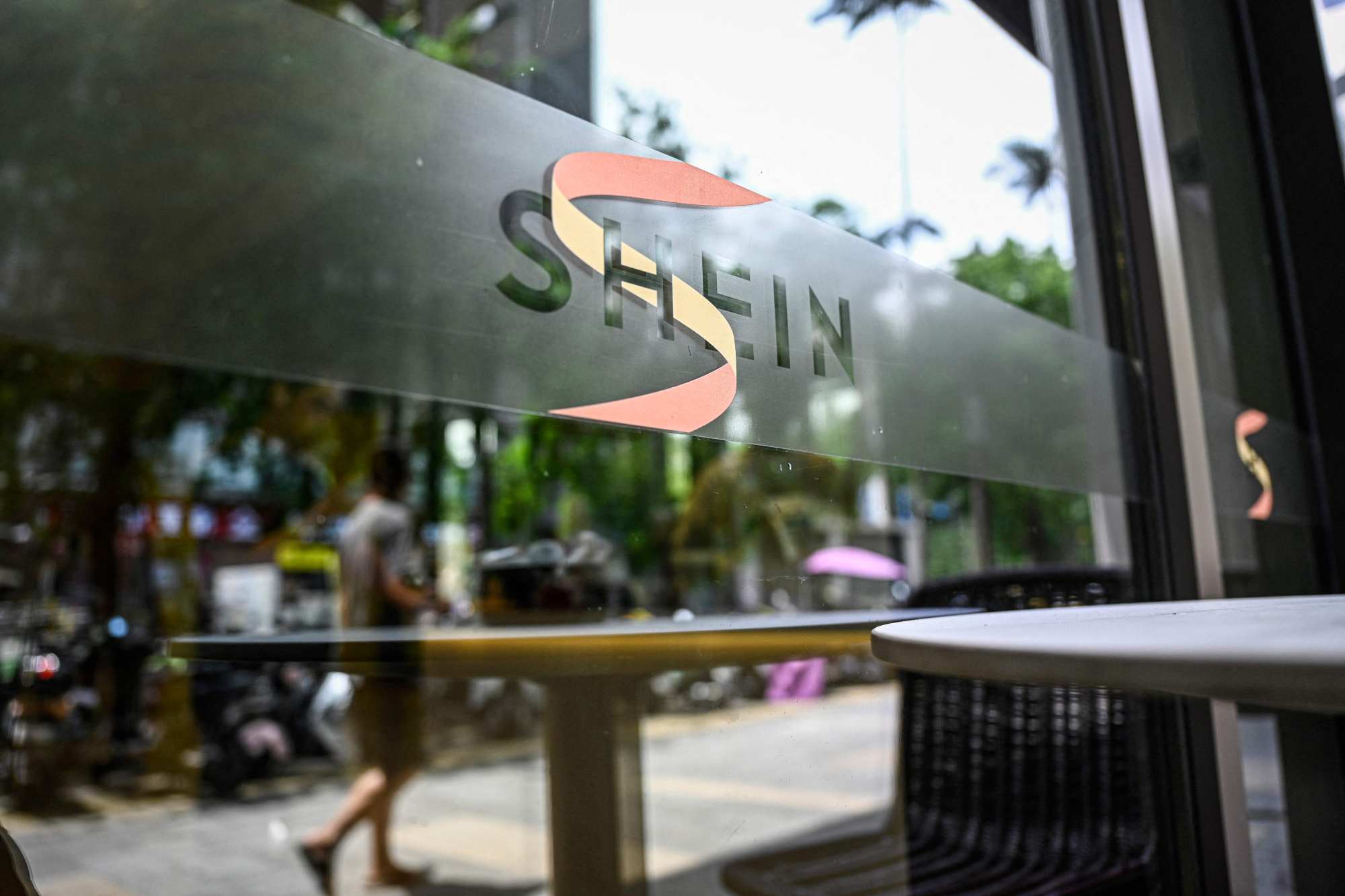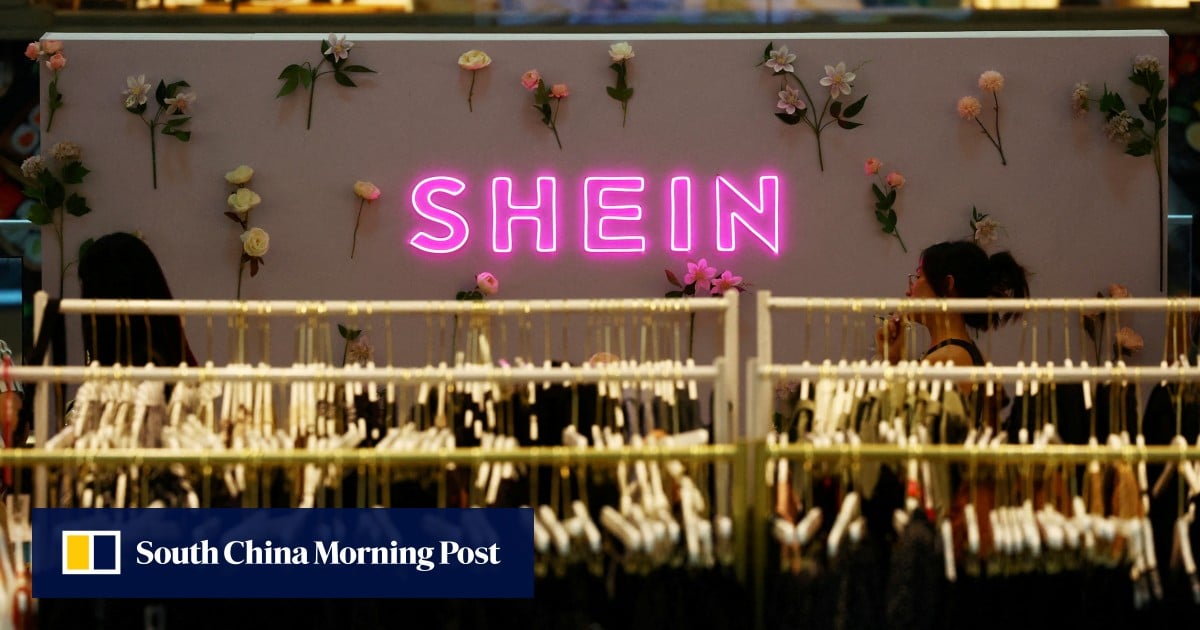Constant innovations to the Chinese-founded online fast-fashion marketplace’s business model and products will be effective in keeping potential rivals at bay, as the company rises to global prominence with its US$5 tops and US$10 dresses.
“An agile supply chain and connected-commerce capabilities are needed to sustain its success in an ever-changing marketplace,” said Derek Deng, a senior Bain partner in Shanghai. “Sustainability can be achieved when the company can create a synergy between its supply chain and its distribution channels to adapt to fast-changing local market needs.”
He added that a stock market listing by the fast-fashion retailer would mean a complete break with the past since Shein has to manage itself as a global brand after the fundraising.
Shein, founded in October 2008 by the publicity-shy entrepreneur Xu Yangtian in Nanjing, capital of eastern Jiangsu province, is pursuing an initial public offering in London that could value the company at more than US$60 billion, according to media reports.
The company operates in about 150 countries, but most of its staff and vendors are in mainland China, including a network of more than 3,000 suppliers in Guangzhou, capital of southern Guangdong province.
Jason Yu, Kantar’s managing director for Greater China, said Shein needs to maintain tighter control of its manufacturing and supply chain to convince investors and clients of its brand power and organisational capability.
“Businesses will not be sustainable if the online marketplace does not establish an efficient supply chain to ensure product quality, develop new products and conduct technological innovations,” he said. “It does not matter if it sells low-end or premium consumer products, but a consolidated foothold in its own territory must be secured to fend off strong competitors worldwide.”
Shein’s investors include Singapore-based Jafco Asia, IDG Capital, Abu Dhabi sovereign wealth fund Mubadala, and HongShan – formerly the Chinese arm of Sequoia Capital. The retailer is viewed as a representative of China’s booming e-commerce sector, where big platforms offer goods from bottled water to clothes at prices attractive to millions of low and middle-income consumers.

The FMCG market grew 2 per cent year on year between January and March, compared with the 5.3 per cent gross domestic product growth.
Sales volume of FMCG goods rose 3.5 per cent in the first quarter, but average selling prices dropped 1.5 per cent, according to the report.
“We continue to see positive signs of recovery,” said Bruno Lannes, senior partner at Bain in Shanghai. It is only a matter of time before these trickle down to the FMCG sector, he added.
The survey found packaged food and drinks were among the fastest-growing segments in the first quarter.
However, the average selling price of personal care products slumped 7.5 per cent as budget-conscious mainland consumers kept a tight hold on purse strings, prompting domestic brands to offer discounts to spur sales.

